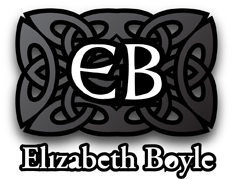Lay Morality, Clerical Immorality, and Pilgrimage in Tenth-Century Ireland
‘Lay Morality, Clerical Immorality, and Pilgrimage in Tenth-Century Ireland: Cethrur Macclérech and Epscop do Gáedelaib’, Studia Hibernica 39 (2013), 9-48
The subject of this essay is a pair of medieval Irish ecclesiastical anecdotes, namely Cethrur macclérech (‘Four Junior Clerics’) and Epscop do Gáedelaib (‘A Bishop of the Gaels’). Insofar as they have received any scholarly attention, these brief narratives, and others which possess a similar form, have been characterised as Christian exempla. However, identifying their moral or didactic purpose is by no means straightforward: they are rich and complex narratives, bristling with puns, double meanings and moral ambiguity. This essay presents editions, translations and close readings of both Cethrur macclérech and Epscop do Gáedelaib, suggesting possible interpretations of both texts, and outlining a wider intellectual and historical framework within which this type of text might have functioned.
